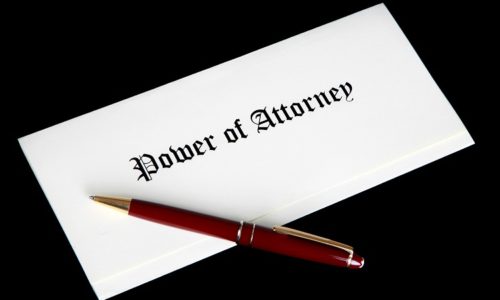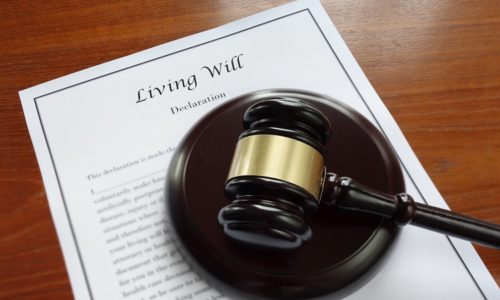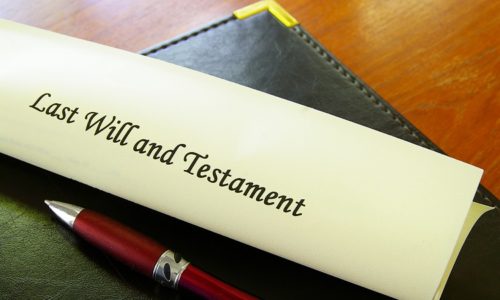Elder Law: Probate
Probate is a court supervised process of distributing property as directed in a Will or in accordance with the law (Intestacy-next of kin) if no Will exists. Since there is court supervision of the entire process, the heirs/beneficiaries can be assured of a full and fair valuation and distribution of the estate. Probate is necessary whenever a deceased person leaves titled assets in their name alone, such as a Florida home or condominium, real or personal property, and bank accounts, etc. The executor of a Last Will and Testament, who is called the Personal Representative in Florida, is responsible for the administration of the decedent’s probate estate. That process includes collecting the decedent’s assets, paying any debts or taxes owed, the costs of administration, filing the decedent’s final tax returns and inventory, distributing the remaining assets in accordance with the provisions of the Will or by state law, and notifying companies, agencies or creditors that need to know about the death.
If the decedent created a Trust, then the Trustee is responsible for implementing the terms of the Trust and filing a Notice of Trust with the court.
Florida law requires that virtually all estates have a Florida probate attorney or Florida probate law firm assist with the estate administration.
Practice Area Attorneys
Robert Mellinger
Robert L. Mellinger, has over 33 years of experience as an attorney, having been admitted to practice law in California, New York, Pennsylvania and Florida as well as several U.S. Federal Jurisdictions, including the Supreme Court of the United States of America.
View Attorney ProfileMaria Cristina Gonzalez
Of Counsel Attorney, Maria Cristina Gonzalez, Esq. is a member in good standing of the Florida Bar for over seventeen (17) years, admitted May, 2002.
View Attorney Profile







